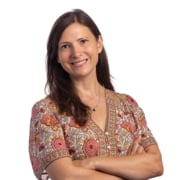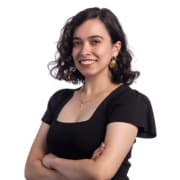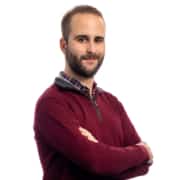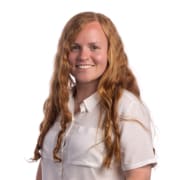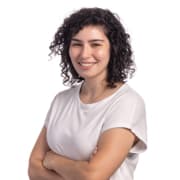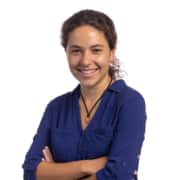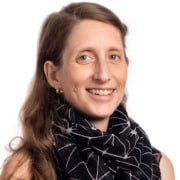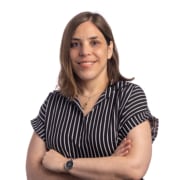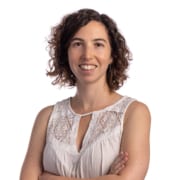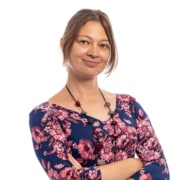Dana Rubinstein is a PhD student in the Department of Jewish Thought at the Hebrew University of Jerusalem under the supervision of Prof. Benjamin Pollock.
Her research focuses on the extensive and largely unpublished collection of working papers by Martin Buber and Franz Rosenzweig which underlies their monumental Bible translation project.
By mining the depths of the Buber-Rosenzweig Bible and the dialogue surrounding it, Dana seeks to demonstrate the possibilities and limitations of Bible translation as a unique exegetical medium and to construct a hermeneutic method for using Bible translations as commentary.
Dana was born in Israel and grew up in Germany, Austria, and the United States. She received her BA in philosophy from Yale University and her JD from Columbia University. She subsequently worked as a litigator at Davis Polk & Wardwell in New York, where she specialized in corporate litigation and white-collar crime but also had the opportunity to work on pro bono asylum cases. She is the co-founder of Dapple, a mission-driven consumer products start-up which makes plant- based cleaners and personal care products for homes with children. In 2014, Dana made aliyah with her husband and four children and returned to academia. Completing her MA in jewish thought at the Hebrew University, she wrote her thesis on Nehama Leibowitz’s exegetical use of translations. In her free time, Dana enjoys reading, listening to music, and experimenting with new recipes and cocktails before unleashing her concoctions on unsuspecting guests.
